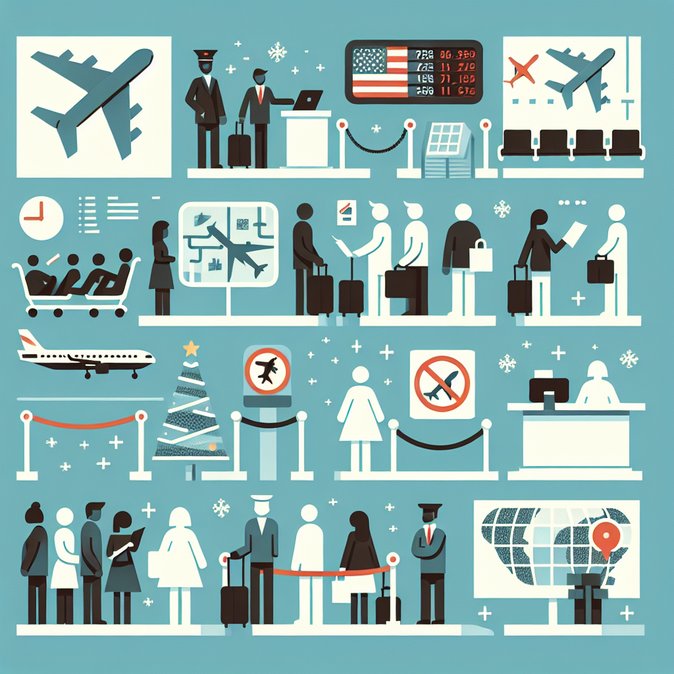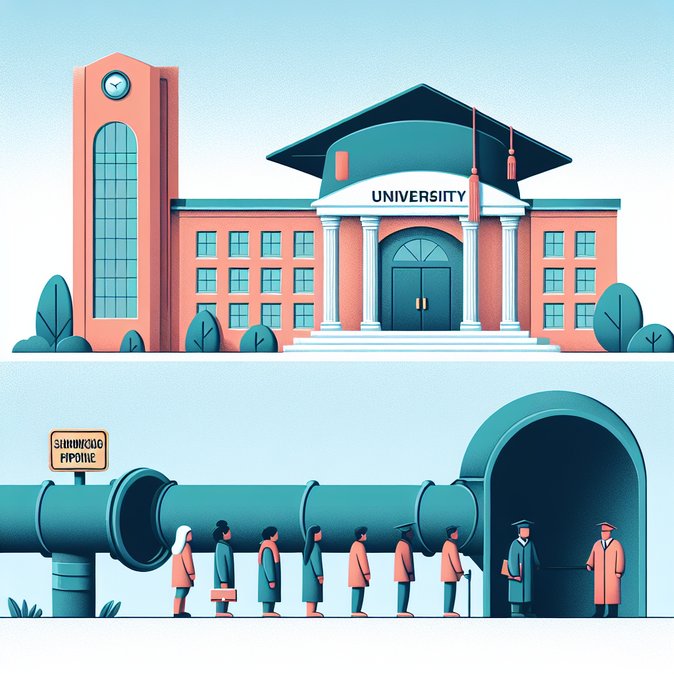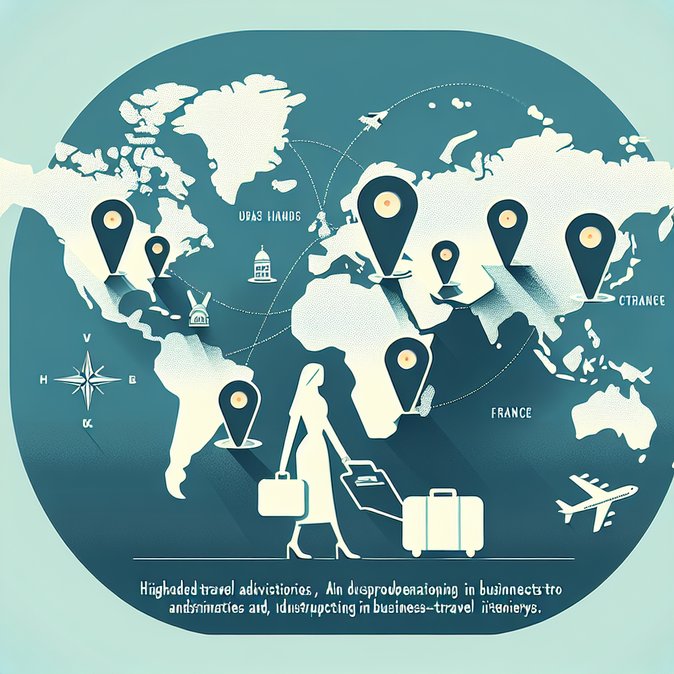
A partial shutdown of the US federal government is rippling across global aviation, with more than 2,500 flights cancelled on 9 November 2025 alone after the Federal Aviation Administration (FAA) ordered airlines to cut schedules at 40 major airports. Transportation Secretary Sean Duffy warned reductions could rise to 20 percent next week if Congress fails to pass a funding bill.
For Australians, the timing could not be worse. Qantas, Virgin Australia and United have jointly cancelled or retimed nine trans-Pacific services in the next 48 hours, citing crew-duty-time blowouts caused by ground delays at Los Angeles, San Francisco and Dallas–Fort Worth. Corporate-travel agency FCM reports that at least 4,300 Australian business passengers were due to transit through those hubs this week for conferences ahead of the US Thanksgiving period. Travellers with urgent meetings are being re-routed via Vancouver and Tokyo, but seat availability is dwindling and average itineraries are 11 hours longer.
![US Shutdown Grounds Thousands of Flights – Australian Travellers Face Cascading Delays]()
Air-cargo flows are also affected. Australian exporters of chilled beef and live lobster—high-value commodities that move in the belly-hold of passenger jets—face spoilage risks and contractual penalties. Freight forwarder Toll Global Logistics said exporters should activate contingency plans to route perishables through Honolulu or Auckland until the FAA schedule-cut lifts.
Insurance providers nib Travel and Cover-More have declared the shutdown a ‘known event’, meaning new policies will not cover costs stemming from further cancellations. Mobility managers relocating staff to US projects are urged to book fully flexible fares, build two-day buffers before start dates and monitor union notices—unpaid air-traffic controllers are reportedly calling in sick at rising rates.
Should the impasse drag on, analysts at CAPA – Centre for Aviation predict a knock-on impact on Australia’s domestic network as wide-body aircraft are reassigned to meet delayed long-haul rotations, reducing east-coast capacity by up to 6 percent in the last two weeks of November.
For Australians, the timing could not be worse. Qantas, Virgin Australia and United have jointly cancelled or retimed nine trans-Pacific services in the next 48 hours, citing crew-duty-time blowouts caused by ground delays at Los Angeles, San Francisco and Dallas–Fort Worth. Corporate-travel agency FCM reports that at least 4,300 Australian business passengers were due to transit through those hubs this week for conferences ahead of the US Thanksgiving period. Travellers with urgent meetings are being re-routed via Vancouver and Tokyo, but seat availability is dwindling and average itineraries are 11 hours longer.

Air-cargo flows are also affected. Australian exporters of chilled beef and live lobster—high-value commodities that move in the belly-hold of passenger jets—face spoilage risks and contractual penalties. Freight forwarder Toll Global Logistics said exporters should activate contingency plans to route perishables through Honolulu or Auckland until the FAA schedule-cut lifts.
Insurance providers nib Travel and Cover-More have declared the shutdown a ‘known event’, meaning new policies will not cover costs stemming from further cancellations. Mobility managers relocating staff to US projects are urged to book fully flexible fares, build two-day buffers before start dates and monitor union notices—unpaid air-traffic controllers are reportedly calling in sick at rising rates.
Should the impasse drag on, analysts at CAPA – Centre for Aviation predict a knock-on impact on Australia’s domestic network as wide-body aircraft are reassigned to meet delayed long-haul rotations, reducing east-coast capacity by up to 6 percent in the last two weeks of November.


